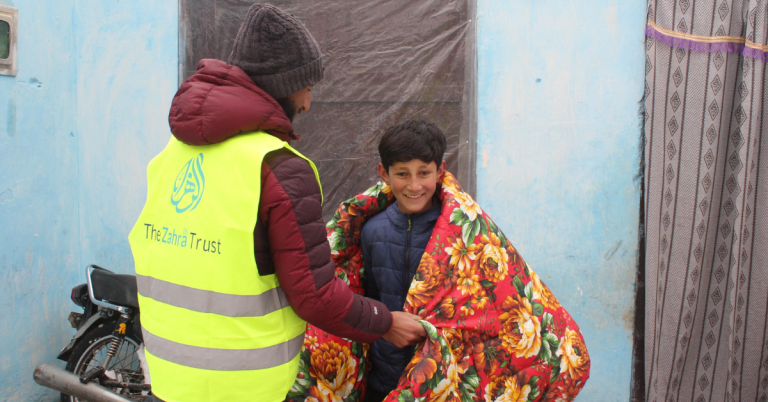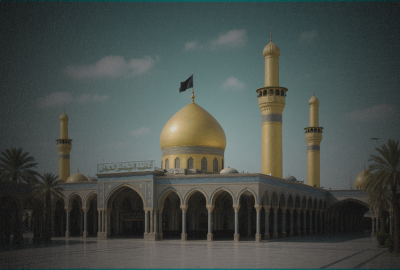Climate change: An Islamic responsibility to care for the planet
The Islamic way of living is one that advocates for complete harmony in nature and upholds the rights of all beings. Somewhere along the way, humans began to neglect those rights, as well as the responsibilities they hold as “custodians” and stewards of the Earth (Quran 2:30), throwing this harmony off balance. Climate change is a drastic and inevitable consequence of this negligence.

“Corruption has appeared in both land and sea because of what people’s own hands have brought, so that they may taste something of what they have done, so that hopefully they will turn back” (Quran 30: 41).
Consider the following statistics:
- The last 7 years have seen the warmest temperatures on record. This is pointing to a disturbing upward trend that will only continue without intervention.
- Human activity is the primary contributor to climate change. Global carbon emissions spiked as a result of industrialization, transportation, and electricity needs. In 2020, carbon emissions dropped 5.8% as a result of the pandemic, but with economic recovery, these levels began increasing again in 2021.
- Climate change places more than one million species at risk. It is estimated that every day, dozens of plants and animals go extinct. Diversity is needed to maintain a healthy ecosystem, which ultimately maintains a healthy planet – our collective home. The collapse of a few species creates a domino effect that, in time, will have a larger impact higher up on the chain. We are seeing its effects today, with heatwaves, ravaging wildfires, and changes in rainfall impacting the availability of resources and habitability of certain regions. It is in our own best interests to care for the health and wellbeing of other species!

While we may acknowledge the gravity of these statistics, it is important for us all to take a closer look at our own behaviour and see whether we are unconsciously rejecting the reality of climate change and the impact of our actions. Many of us simply shrug off our individual role in contributing to the decline of the Earth’s natural resources. As Muslims, living sustainably and consciously is a part and parcel of our faith.
The Quran reminds us that we have a responsibility to each other and to the abundant resources on this planet. The Quran says, “Eat and drink, and be not wasteful. Surely He does not love the wasteful/extravagant.” (7:31). When we waste food and water or purchase plastics and clothing items and discard them frivolously, we are acting extravagantly and being unjust to the resources Allah (SWT) has provided us with.

Historically, Prophet Muhammad (SAW) set the stage for what it means to live consciously and sustainably. Killing of animals for sport (hunting) was forbidden to protect wildlife. Cutting trees and ravaging crops were also forbidden even during times of war and destruction. He encouraged people to act with compassion to their animals – the mode of transportation of the time – by providing them with rest and not overloading them with supplies. Islamically, there are many ethical regulations in place when slaughtering animals for food so as to prevent waste and to instill consciousness of nature and compassion for other creatures of Allah (SWT).
The Prophet (SAW) was also reported to say: “No man will grow a plant or sow a crop that birds, animals, or man eat from unless he has a reward for it.”
Living sustainably and being eco-friendly is not just an environmental issue – it is also a moral and ethical one. We can all make small changes to minimize this growing problem and live in harmony with the Earth. After all, “He brought you into being from the earth, and made you dwell in it.” (Quran 11:16)


 Donate Now
Donate Now
 Donate
Donate









